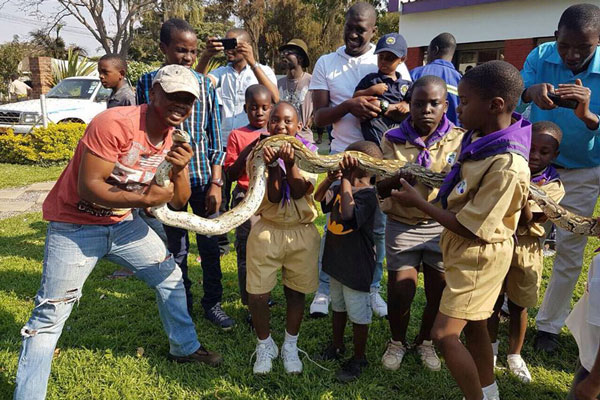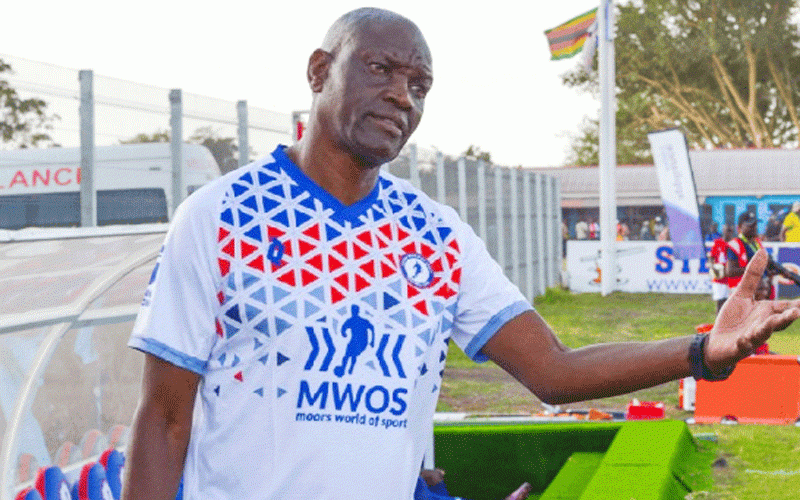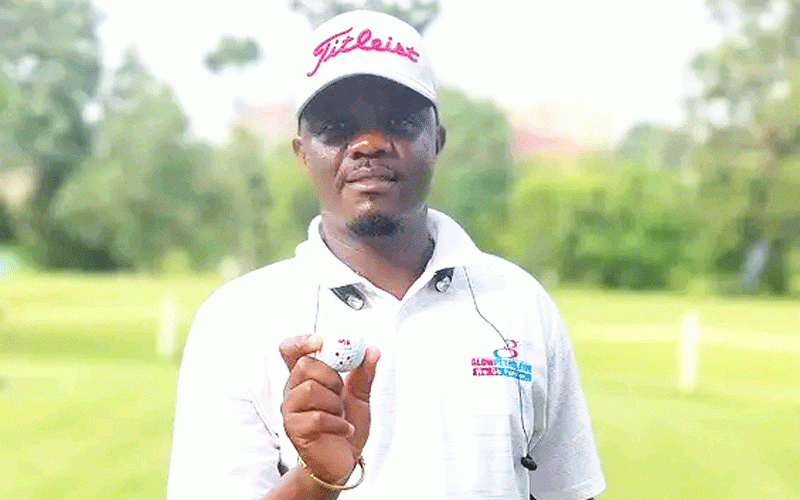
school of sport:with TIM MIDDLETON
SO there he is, at the side of the dance floor, waiting to be chosen for a dance — expensive suit, toned figure, radiant smile, sparkling eyes, fresh look, sunny disposition, intelligent conversation — add to all of that, as if that is not enough or obvious, the facts that he comes from a stable home, has been educated at an excellent school, has gained outstanding grades in all his subjects, plays several sports at the highest level, sings like a superstar, plays a number of musical instruments, won public speaking trophies and debating competitions. He has all of that — he is all of that — yet still the young woman he eagerly desires to ask him to dance does not do so! In fact, to make it even worse, she has asked other young man who have half his looks, a quarter of his talents, a smattering of his charm and little of his background to join her on the dance floor! How could she possibly not choose him? How can she possibly go and ask other young man?
And what then should this young man do when he is not picked for the dance? Should he simply accept that she is not the one for him (or rather he is not the one for her) and move on? Or should he fight for her, with every breath he still has after gasping with disbelief at her choice (or lack thereof)? Or, horror of horror, should he get his mother to go and speak to the girl? Or, worse still, perhaps he should sue the girl — after all, all the facts are there, he is the best candidate, by a long way. Why, for goodness sake, would she not choose him? Does she not know he has never missed a day at school, has a record number of merits and has masses of people (especially his mother) saying how good-looking he is? Can she not see?
Similarly, many of us may have faced at some time that horrendous moment in the playground when two sides are being picked for a game of casual sport and we wait and we wait to be selected. It all seems so unfair, the method of selection; it seems to be based more on how popular we are. Others of us who may have had more success in the playground team selection may have experienced disappointment at a later stage, when not being picked for the school team, or the provincial team, or even the national team. It is all the harder when everyone we speak to (though we only speak to our supporters — and in fact, “our supporters” should actually read, “our parents”) says (at least to our face) that they are surprised, astonished even, that we have not been selected.
Why would that young lady not choose the smart, intelligent, talented young man we met earlier in the article? There may well be hundreds of reasons! He has bad breath; he is arrogant and cocky; he only talks about himself; he cares nothing of people with less ability; he derides authority; he does not have similar interests; he does not share the same views; he does not … we could go on very easily, but the point is made, surely. She does not see in him what she is looking for. And the same point needs to be made about selection for sports teams, be it at school, provincial or national level.
Many people (usually self-proclaimed experts, going under the disguise of the title “parent”) question the selection of a team and very quickly go to the statistics to prove the point. They seem to forget or have never understood that statistics are not the key or deciding factors. A coach may be looking for players who will play in a certain style or formation or manner, for which the statistics do not stack up; a coach will definitely be looking for a player who has a willingness to learn, a commitment to the cause and to team mates, an ability to adapt. Statistics do not show if someone is a team player; they do not show if someone is the type of player wanted. Furthermore, many sportsmen shine at school or club level, but actually do not have what it takes to go to a higher level. That usually has much to do with their mentality, their character, their attitude — not statistics.
When it comes to choosing a partner, be it for a dance or for dating, it does not come down to statistics; they may play a part, but they are not the sole factors and certainly not the deciding factor. The same principle applies to choosing players for a team. So what should happen when the child is not selected, be it for the dance or for the team?
Maybe we just need to encourage the disappointed child to move on; learn from it; try even harder to be what is wanted; show the girl or the coach what she or he is missing. After all, there are plenty of other fish in the sea; and, what is more, being selected for that higher team is not why the girl of our dreams will choose us!
- Chamisa under fire over US$120K donation
- Mavhunga puts DeMbare into Chibuku quarterfinals
- Pension funds bet on Cabora Bassa oilfields
- Councils defy govt fire tender directive
Keep Reading
l Tim Middleton is a former international hockey player and headmaster, currently serving as the executive director of the Association of Trust Schools Email: [email protected].











